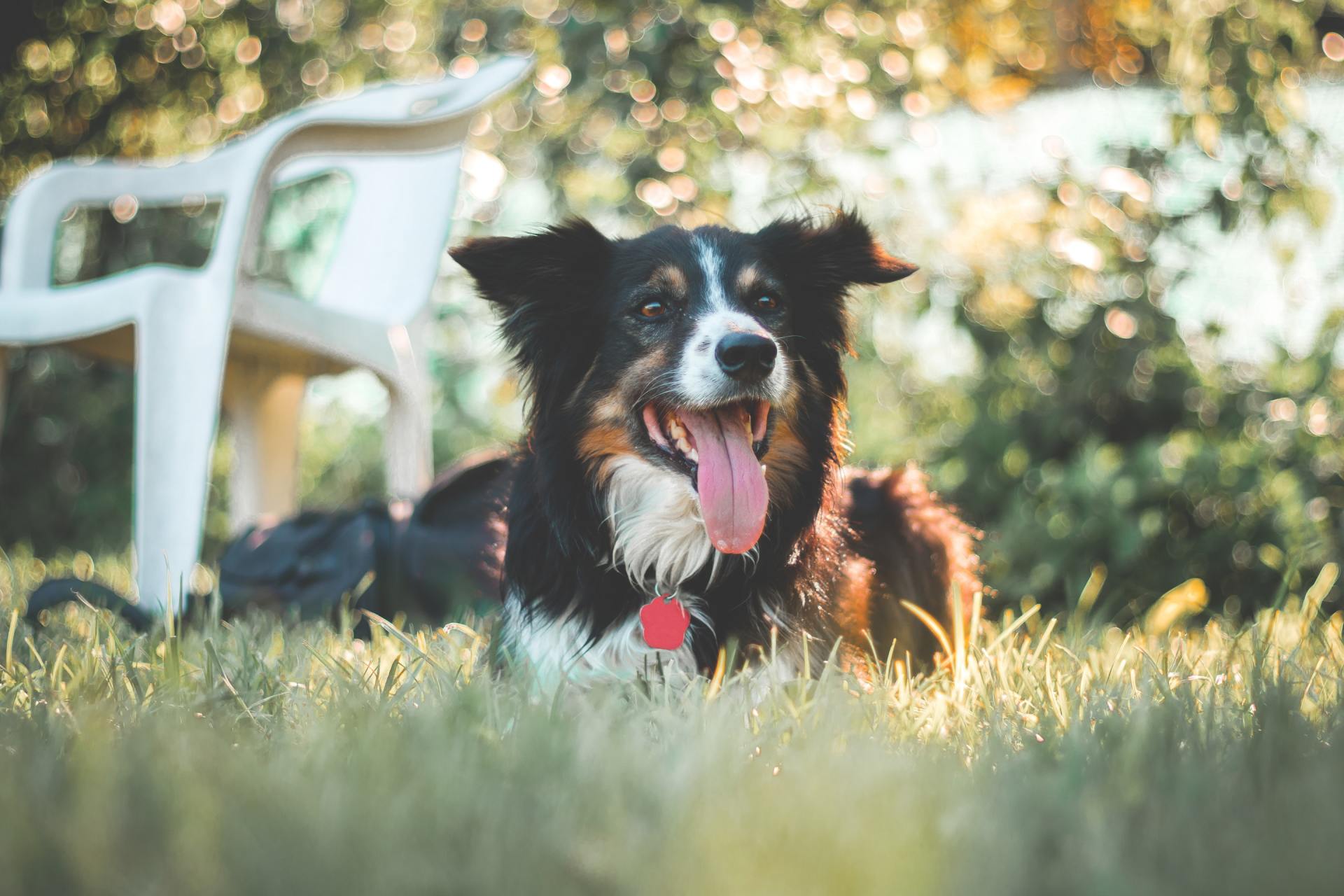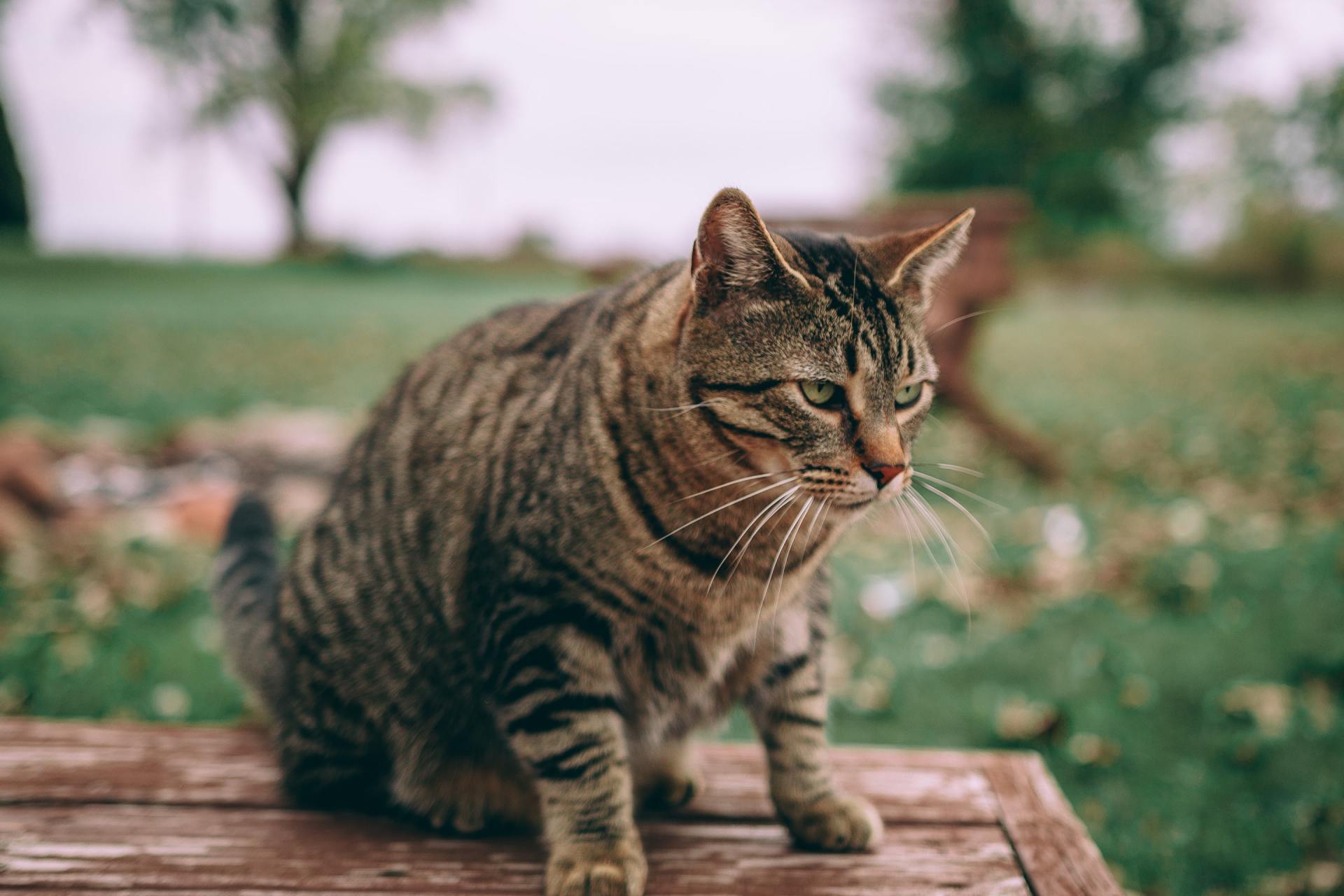National Boxer Day: Hyattsville, MD Vet Clinic Salutes Canine Charm
January 17th marks a day of celebration for our beloved Boxers! With their boundless love and infectious energy, these dogs have left an indelible mark on countless lives. Explore the world of Boxers with insights from a local Washington DC veterinarian.
Decoding Boxer Characteristics: Key Insights
Boxers exhibit a sleek, muscular physique, yet their playful demeanor shines through as they frolic with cherished toys. Typically reaching a height of two feet at the shoulder, they enjoy a lifespan of 11 to 13 years and can weigh up to 70 pounds. While initially bred for hunting, Boxers have transitioned into roles such as war, police, and guard dogs, although they predominantly serve as beloved family companions in the U.S.
Caring for Your Boxer’s Coat: Grooming Guidelines
Boxers exhibit a range of colors, from white and fawn to brindle, sometimes featuring white patches. Their short, shiny coat is low-maintenance, requiring only regular brushing to preserve its sheen. However, their sparse fur offers little protection from the elements, making them sensitive to temperature changes. To keep your canine companion comfortable, consider investing in a jacket or sweater for colder days and a cooling vest for warmer weather, ensuring they stay content throughout the year.
Besides bathing, attend to your pet’s nail trims and dental hygiene. Remember to clean their ears, especially the facial wrinkles susceptible to bacteria. White Boxers may need sunscreen in hot weather. Consult your Hyattsville, MD veterinary clinic for individualized guidance.
Decoding Boxer Health: Advice from a Washington DC Vet
Boxers, while robust, are not exempt from health concerns typical to many breeds. Predominantly, they face common skin problems. Dive into breed research using reliable sources like the AKC and the American Boxer Club for comprehensive information. Prioritize recommended screenings and Boxer-specific DNA tests to stay ahead of potential health issues.
These include:
- Thyroid Evaluation
- AS/SAS Cardio
- Aortic Valve Disease
- Holter Monitor Testing for Boxer Cardiomyopathy
- Degenerative Myelopathy
- Elbow Evaluation
Inquire at your Hyattsville, MD veterinary clinic for expert recommendations and precise care advice.
Unveiling the Boxer Name’s Enigma
The Boxer name’s origin is veiled in mystery, with diverse speculations. Some tie it to the Bullenbeisser, while others attribute it to their characteristic paw actions. Nonetheless, Boxers remain cherished companions irrespective of their name’s origins.
Tracing the Boxer’s History: An Insightful Journey
Fido, a German hunting mastiff, shares ancestry with the English Bulldog and the now-extinct German Bullenbeisser, celebrated for its hunting skills against large game. The distinctive square heads of Boxers are an advantage in hunting pursuits. Regrettably, the Bullenbeisser’s name, meaning “Bull biter,” alludes to a troubling past involving participation in bull baiting, a practice eventually banned. The Boxer’s heritage narrates a story of hunting prowess intertwined with past involvement in inhumane blood sports.
“The Boxer,” a book by John Wagner published in 1939, provides valuable insights into Fido’s history. Assyrian records from almost 4000 years ago mention brave war dogs distinguished by their thick skulls and sturdy frames. Initially called Molossians, named after the city of Molossis in what is now Albania, these dogs migrated throughout Europe. Eventually, they intermingled with indigenous breeds, leading to the development of the German Bullenbeisser.
Following the Napoleonic wars, the Bullenbeisser encountered a decline in its fortunes as the noble families responsible for breeding the dogs disbanded, resulting in the fragmentation of their estates. Fido, the erstwhile hunting companion, found himself pivoting his career to assist butchers and cattle herders, discovering a new talent for being a devoted family pet. In the early 1800s, the breed underwent crossbreeding with English Bulldogs, leading to the establishment of standardized breed traits by 1895, with specific bloodlines tracing their origins back to this era.
Unraveling the Boxer’s Character: Exploring Their Personality Traits
The Boxer’s personality is characterized by numerous positive attributes. They exhibit remarkable loyalty to their owners, relishing attention and forging strong connections with children. Their inherent protectiveness makes them ideal watchdogs, diligently safeguarding their families and property.
Displaying a friendly and inquisitive demeanor, Boxers radiate a contagious energy that infuses joy into every moment. When properly acclimated, these charming canines integrate seamlessly into homes with other pets, fostering harmonious relationships, even with cats. With a naturally sociable disposition, Boxers thrive on companionship and relish human interaction. Nonetheless, extended periods of isolation can unsettle them, highlighting the necessity of regular engagement and companionship to uphold their emotional well-being.
While the Boxer’s warm-hearted nature endears them to many, they may not be a perfect fit for every household. Despite their immense affection, their exuberance and occasional clumsiness can pose challenges for some. Their tendency to become overexcited and bouncy highlights the need for consistent training, especially in areas of petiquette. For instance, teaching them not to jump on people requires patience and reinforcement. Additionally, their strong prey drive mandates caution when around small animals, necessitating careful supervision to mitigate any potential risks.
Understanding the Boxer’s Activity Needs: Nurturing Fido’s High-Energy Lifestyle
When evaluating activity levels, the Boxer, affectionately referred to as Fido, stands out for his robust and dynamic nature. Fulfilling his daily exercise requirements is essential, as he thrives on physical exertion. With his athleticism, Fido excels in roles such as a hiking or running companion, eagerly embracing outdoor activities. Maintaining a consistent exercise regimen for Fido is vital to curb potential behavioral issues stemming from excess energy, such as hyperactivity or destructive tendencies. Participating in lengthy walks and stimulating games like Fetch or Frisbee ranks among Fido’s favored pastimes. Nevertheless, vigilance is necessary due to his inclination to chase squirrels, necessitating leash restraint during outdoor excursions. Additionally, recognizing the Boxer’s extended puppyhood is crucial, as he retains his playful demeanor well into adulthood.
Contact your Washington DC vet to receive individualized counsel regarding your pup’s exercise needs.
The Late Arrival of Boxers in America
Despite their ancient lineage, Boxers made a delayed arrival in America, not appearing until after 1940.
Understanding Boxer Behavior: Navigating Potential Aggression
Boxers don’t fall into the category of highly aggressive breeds, yet they don’t epitomize meekness either. Their temperament leans toward assertiveness, especially without proper training. While Boxers can form positive bonds with other dogs, it’s not guaranteed, underscoring the importance of careful introductions. If Fido exhibits behavioral challenges like digging, aggression, or non-compliance with commands, consulting your vet or a behaviorist is indispensable. Unraveling the complexities of Boxer behavior ensures a symbiotic relationship, where their inherent assertiveness is channeled positively through consistent training and vigilant oversight.
Enhancing Your Boxer’s Entertainment: Strategies for Canine Engagement
Enhancing Fido’s entertainment involves offering a plethora of toys to engage his senses. Participating in play not only fosters a connection but also assists in burning off his excess energy, known as zoomies. Boxers gravitate towards traditional dog games like Fetch, providing an outlet for their boundless enthusiasm. Additionally, incorporating activities such as agility training can cater to their active disposition, while more intellectually stimulating games like Hide and Seek can offer a rewarding experience for your furry pal.
While swimming is a popular activity among canines, the Boxer’s feelings about it are somewhat divided. While some Boxers may take pleasure in swimming, they are not naturally built for it. It’s important to keep your furry friend in shallow water and never leave him unattended near bodies of water.
Contact us, Brentwood Animal Hospital in Hyattsville, MD, today for answers to your Boxer care questions!



